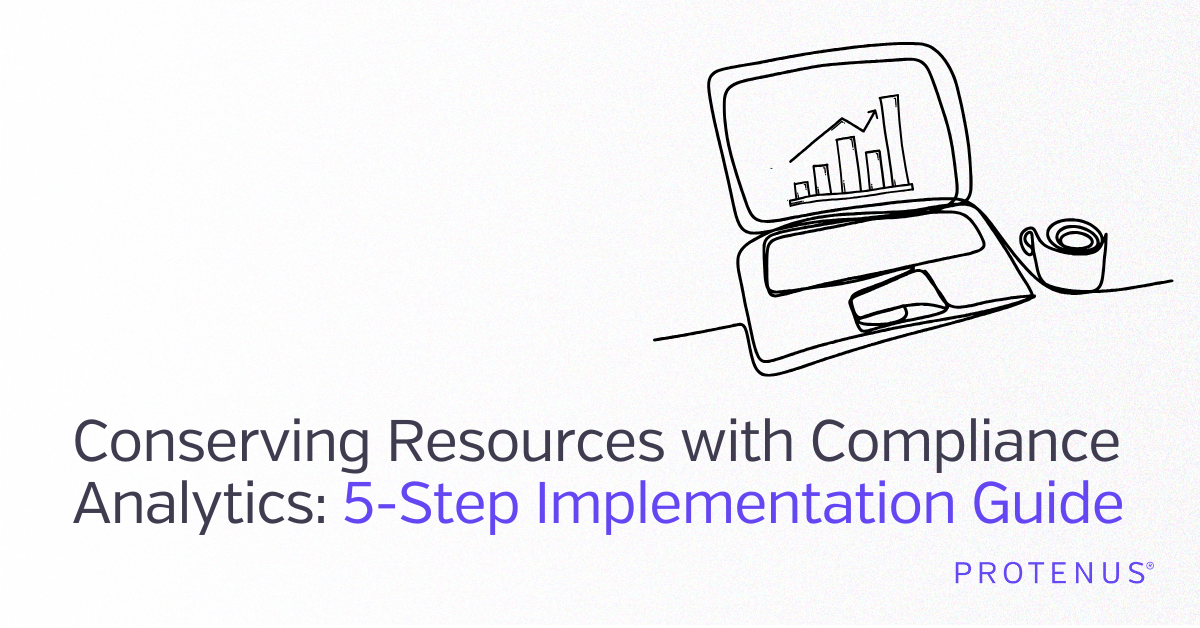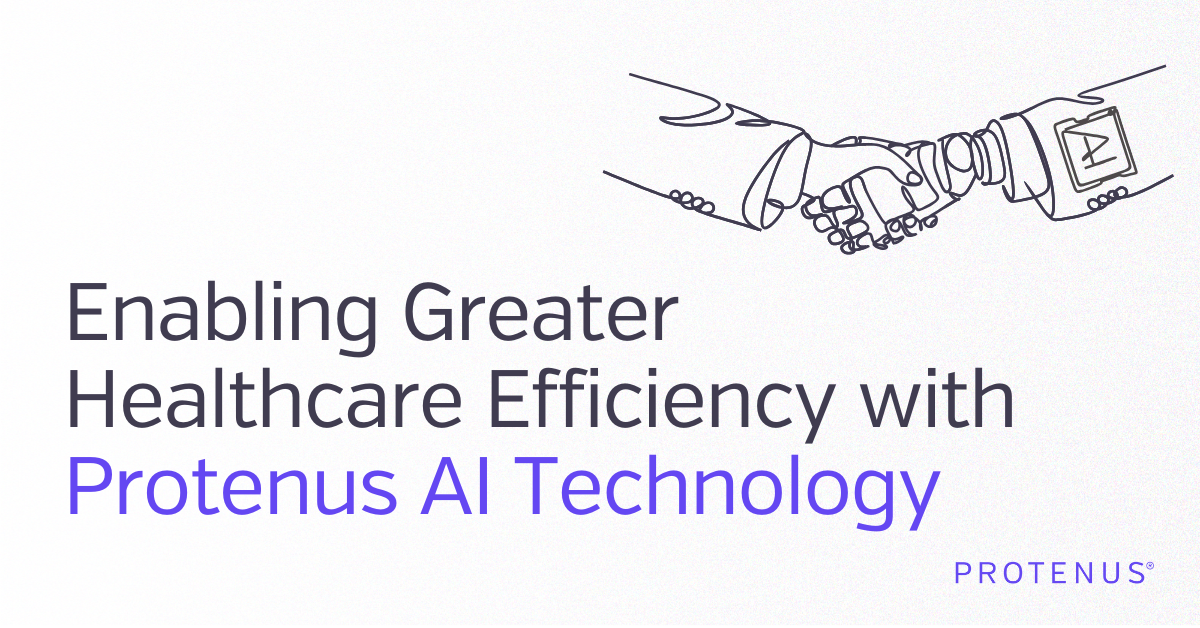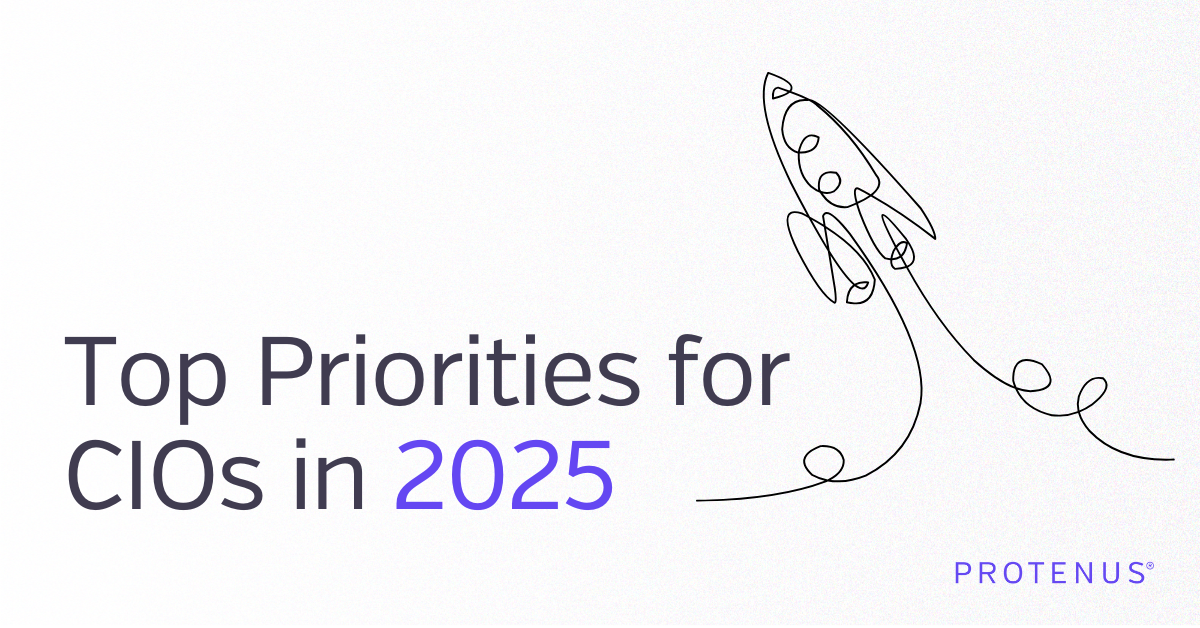Share this

Best Practices for Every Healthcare Privacy Officer
by Karen Sunderland on May 14, 2018
As a Privacy Officer with more than 30 years experience working in both large and small healthcare organizations, I’ve experienced multiple privacy postures, ranging from manual reactive audits to proactive privacy monitoring that allowed us to get ahead of breaches to patient privacy before they became catastrophic for the organization or patients. After three decades of experience, I realized that there are three things that every Privacy Officer should know to ensure they are applying best practices for privacy within their organization.
True auditing goes far beyond filtering
While filters seem like an easy way to detect possible privacy violations, this just isn’t the case. Filters are unforgiving and can actually remove instances that are true privacy violations while elevating incidents that are false positives - increasing workload while missing true threats to the organization. Privacy offices need the ability to audit every single access to patient data, reducing false positives, and only elevating true threats that need immediate attention.
Audit every access to patient data
One of the best things Privacy Officers can do to ensure patient privacy is audit every single access to patient data. It’s not impossible and actually quite easy when using proactive privacy monitoring technology. Privacy Officers no longer have to struggle to determine where to focus their limited resources, the work is done for them. Overworked staff no longer need to be experts in writing reports or wading through a sea of false positives, spreadsheets and reports. When an alert is generated, the team has everything they need to know to immediately resolve the case.
Artificial Intelligence allows you to get back to top priorities
The bottom line is that artificial Intelligence (AI) has the ability to change the way the Privacy Officers currently identify and resolve inappropriate activity within the EHR. It’s not just about identifying the “bad guys,” it’s about identifying what normal behavior looks like for every individual within the organization and detecting when behavior deviates from the norm. The most impressive thing about AI-powered privacy monitoring platforms is that it is always learning. All the necessary information for case resolution is provided on one dashboard, working as an intelligent companion to privacy officers, providing increased efficiency, cost savings, and the time and ability to focus on top priorities within the organization.
Download the case study to learn more about how AI allows healthcare organizations to proactively audit every access to patient data.
Share this
- December 1, 2024 (3)
- November 1, 2024 (1)
- October 1, 2024 (2)
- September 1, 2024 (1)
- August 1, 2024 (1)
- July 1, 2024 (1)
- June 1, 2024 (1)
- May 1, 2024 (1)
- March 1, 2024 (2)
- February 1, 2024 (3)
- January 1, 2024 (1)
- December 1, 2023 (1)
- November 1, 2023 (3)
- October 1, 2023 (3)
- September 1, 2023 (1)
- August 1, 2023 (1)
- July 1, 2023 (2)
- April 1, 2023 (1)
- March 1, 2023 (1)
- February 1, 2023 (1)
- December 1, 2022 (3)
- November 1, 2022 (3)
- October 1, 2022 (1)
- September 1, 2022 (1)
- August 1, 2022 (2)
- June 1, 2022 (4)
- May 1, 2022 (5)
- April 1, 2022 (1)
- March 1, 2022 (4)
- February 1, 2022 (3)
- November 1, 2021 (2)
- October 1, 2021 (3)
- September 1, 2021 (3)
- August 1, 2021 (3)
- July 1, 2021 (4)
- June 1, 2021 (2)
- May 1, 2021 (2)
- April 1, 2021 (2)
- March 1, 2021 (5)
- February 1, 2021 (1)
- January 1, 2021 (1)
- December 1, 2020 (1)
- November 1, 2020 (2)
- October 1, 2020 (2)
- September 1, 2020 (3)
- August 1, 2020 (2)
- July 1, 2020 (2)
- June 1, 2020 (6)
- May 1, 2020 (3)
- April 1, 2020 (4)
- March 1, 2020 (2)
- February 1, 2020 (4)
- January 1, 2020 (2)
- December 1, 2019 (2)
- November 1, 2019 (1)
- October 1, 2019 (1)
- September 1, 2019 (1)
- August 1, 2019 (1)
- June 1, 2019 (1)
- April 1, 2019 (1)
- February 1, 2019 (1)
- January 1, 2019 (1)
- December 1, 2018 (2)
- November 1, 2018 (2)
- October 1, 2018 (2)
- September 1, 2018 (3)
- August 1, 2018 (1)
- July 1, 2018 (2)
- June 1, 2018 (2)
- May 1, 2018 (1)
- April 1, 2018 (1)
- March 1, 2018 (2)
- February 1, 2018 (6)
- January 1, 2018 (2)
- September 1, 2017 (2)
- August 1, 2017 (2)
- June 1, 2017 (2)
- May 1, 2017 (1)
- April 1, 2017 (1)
- March 1, 2017 (2)
- February 1, 2017 (5)
- January 1, 2017 (2)
- December 1, 2016 (3)
- November 1, 2016 (5)
- October 1, 2016 (4)
- September 1, 2016 (8)
- August 1, 2016 (4)
- July 1, 2016 (4)
Subscribe by email
You May Also Like

Conserving Resources with Compliance Analytics: A 5-Step Implementation Guide

Enabling Greater Healthcare Efficiency with Protenus AI Technology


